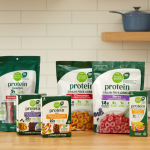Hippeas Sees Change in Investors and Owners, Leadership Team
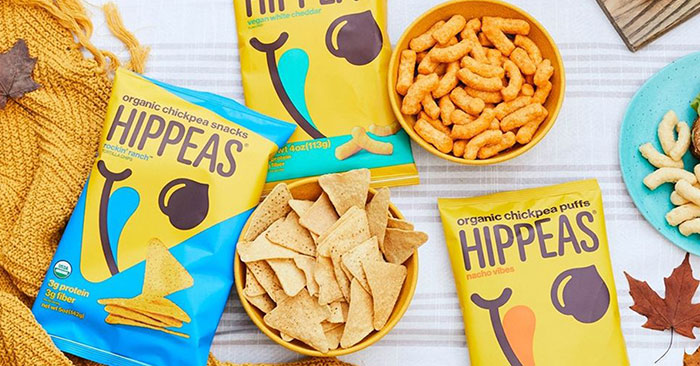
Legume-based snacking brand Hippeas is shaking things up with a new financial backer, the exit of early investors, and the departure of its CEO. The company announced today that it had raised $50 million from investment firm The Craftory, a move that will make the group the largest shareholder in Hippeas.
As part of the deal, early investors were able to exit the business, with shareholders such as CAVU and barkTHINS founder Scott Semel selling their shares as part of the transaction. Exact terms of the deal, which closed in late December, including how much of the funding will go into the business as opposed to giving early investors liquidity, was not disclosed. Along with the funding, the company announced CPG executive César Melo has joined its board of directors.
Hippeas had previously shared that it had raised $22 million in funding.
Hippeas founder and now CEO once again, Livio Bisterzo, said that he was excited to partner with The Craftory after knowing the firm’s co-founder, Elio Leoni Sceti, for several years. Sceti has deep experience with CPG, currently also serving as an independent board director for Anheuser-Busch InBev, The Kraft Heinz Company, and Barry Callebaut Group, and the firm has invested in plant-based food brand NotCo, along with several personal care, health and cleaning products.
“The Craftory are business developers who want to build businesses…[they are focused] on challenger brands with big ambitions,” Bisterzo said. “I think this new capital raise allows us to push on and develop the business to new heights.”
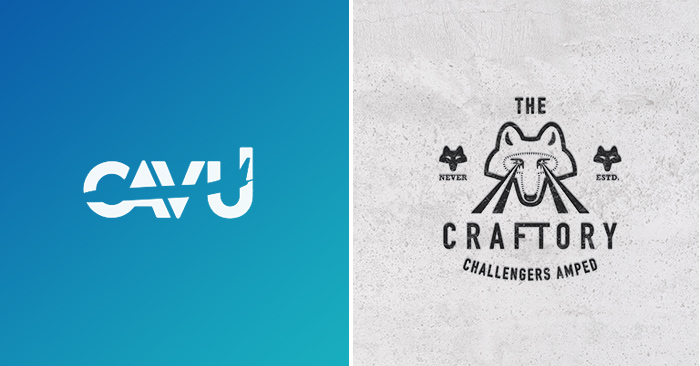
That growth will look a little different, though, from the past several years, Bisterzo said. In its early years Hippeas needed to focus mainly on gaining distribution — the brand is now sold in over 50,000 locations — in order to have first mover advantage, he said. The company also had to invest heavily in marketing in order to educate the consumer about bean-based snacks. Now, with more brands in the market, there’s a larger pool of brands to help with that education and retail gains can be more focused, he added.
“A much more disciplined approach to growth is what’s going to be needed and what we have. Some transformational work we’ve already accomplished in the supply chain to allow us to grow the business sustainably,” Bisterzo said. “It’s [about] less growth at all costs… Now our challenge over the next five years is to grow a business sustainably, profitably with the intent to keep growth but growing with a different mindset.”
Still, growth remains a focus. The brand only has store penetration of about 20 percent, Bisterzo said, so there’s a lot of untapped potential.
Of course, 2020 and the Covid-19 pandemic made that growth harder to achieve, he added, a sentiment echoed across the industry. Over the past year Hippeas — which had a strong field marketing strategy of demos and displays — was forced to think creatively about reaching consumers, investing more into ecommerce. However, he added, the brand weathered the Covid-19 pandemic well, “growing 30% again.”
Bisterzo declined to disclose if Hippeas was profitable in 2019 or 2020, as he had previously predicted it would be.
The pandemic also gave the company more time to have a structured rollout for its tortilla chips line, which launched in late 2019. In part due to the delay of resets, the chips line has remained solely at Whole Foods Market for the last year. But the company used this time to reformulate the product, improving taste and texture.
For the next 18 to 24 months, Bisterzo said, the focus will be on building distribution for the chips and reinforcing its puffs business. Innovation will come not in the form of new formats but rather continued product improvements and new flavors for both lines.
Amidst recent changes in Hippeas’ executive team, Bisterzo will be playing a larger role in charting that path forward. Most notably, snacking veteran Joe Serventi departed the brand as Global CEO as of the end of 2020. Serventi, who joined the puff and chip maker in 2017 as general manager, was promoted to the role of global CEO in summer of 2018.
When Serventi assumed the role of CEO two years ago, Bisterzo moved to the role of executive chairman, telling NOSH then that an “approach of divide and conquer is just best for the brand.”
At the time, parent company Green Park Brands was also incubating a number of other brands and had a joint venture partnership with Ugly Drinks. However, things have calmed a bit for Green Park, with several sub-brands no longer in market: Co Chocolates has been put on hold, never fully launching, while personalized nutrition play Buddy Nutrition is no longer sold. Meanwhile, Maverick Snacks has continued to see growth, though is still in its early days, Bisterzo said.
Bisterzo said the company has no plans as of now to hire a new CEO for Hippeas and he’s excited to once again devote more focus on the brand.
“We have a unique opportunity over the next few years to come to build what will become a very big business,” Bisterzo said. “I honestly believe that the first four years was a great starting point…but the next few years to come are even more exciting.”
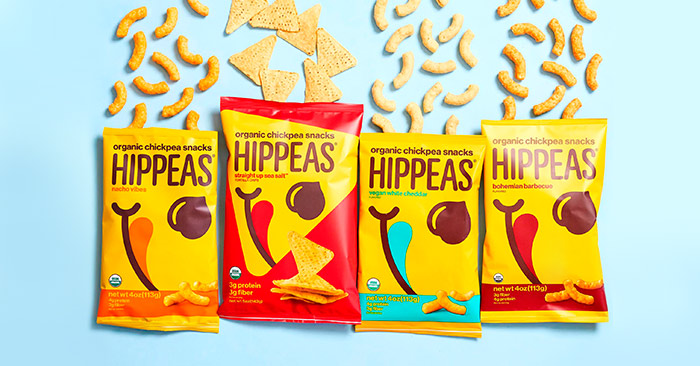


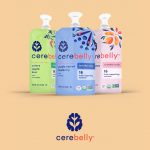











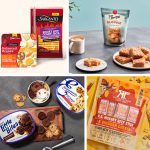
![[Updated] Oats Overnights Secures $45M Investment From Astō](https://d2azl42aua8mom.cloudfront.net/wp-content/uploads/2026/01/29172259/2026-01-29-oats-overnights-secures-45m-in-growth-equity-from-square-150x150.jpg)
